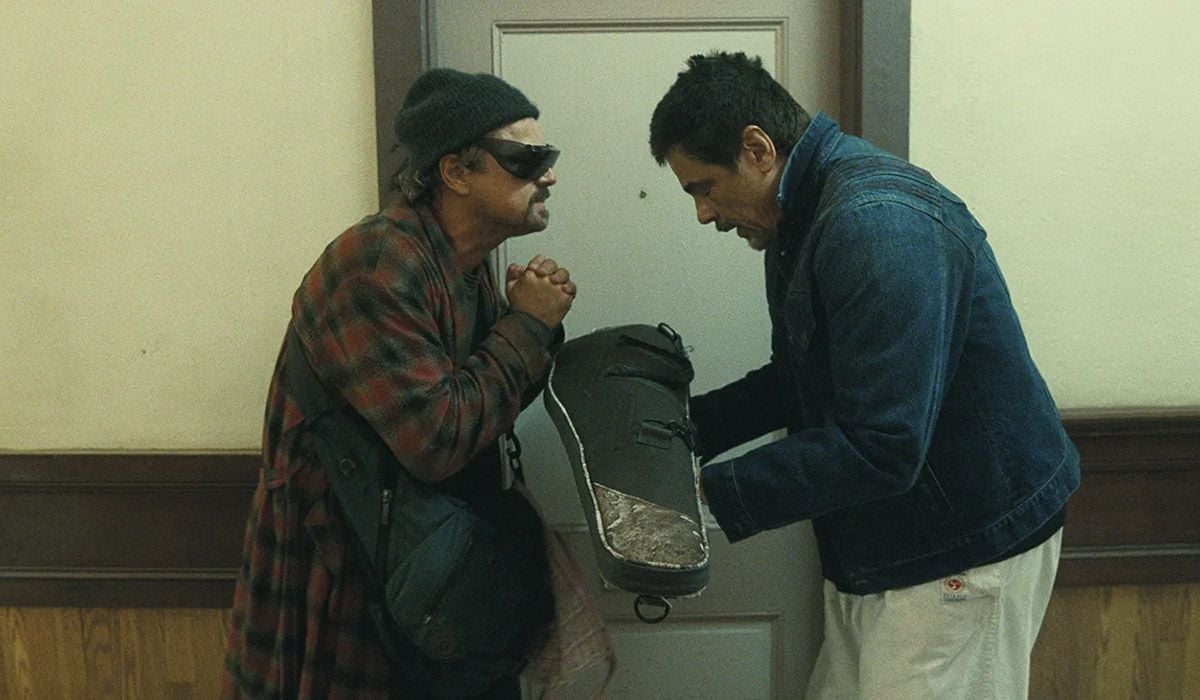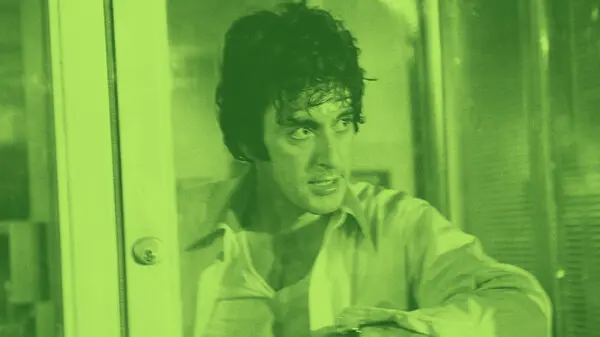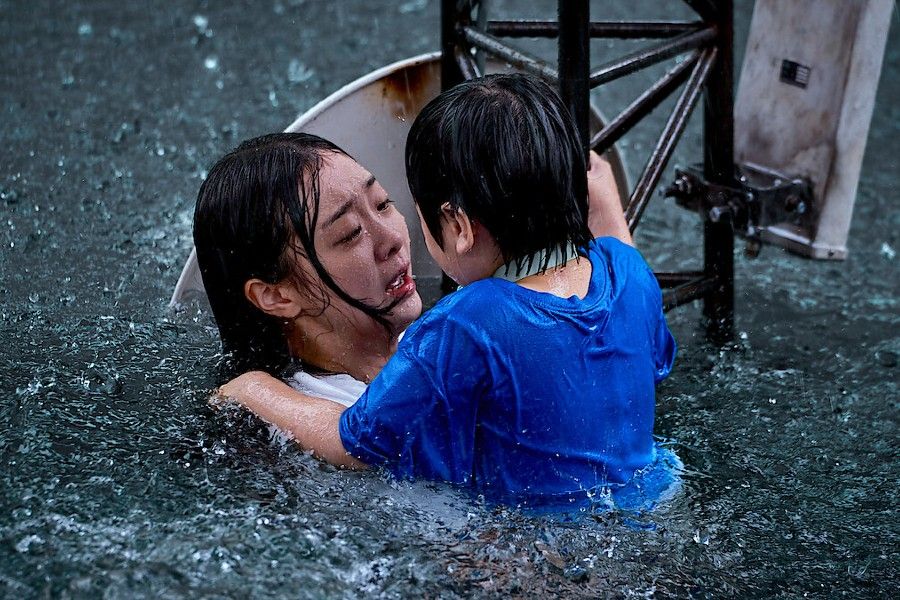
Eric (2024) — Series Review
- May 31, 2024
Netflix's Eric sustains two concurrent narratives. One sketching a distressing portrait of Vincent Anderson (played by Benedict Cumberbatch), a man thrust into self-destruction following the vanishing of his young son, Edgar (played by Ivan Howe). The other, a vast drama encapsulating New York City's lower class-underprivileged, Black, and LGBTQ+ communities persecuted by exploitative politicians and harsh police officers.
The miniseries endeavours to unite these narratives, valiantly refusing to neglect social injustices while focusing on one missing white child. However, in execution, these topics seem to hinder rather than enhance each other, making the production feel disjointed and lacking cohesion.
Firstly, we are introduced to Vincent's story-a mixture of disconcerting and heart-wrenching elements. Vincent, a self-centred alcoholic created by Abi Morgan, spends his days stirring contentions among his co-workers on a children's program, Good Day Sunshine, and his nights engaging in hostile disagreements with his wife. The loss of Edgar seems to add to his unpleasant nature rather than create sympathy for him.
As the narrative elapses, Vincent's state deteriorates. He succumbs to the perils of hard drugs, his behaviour becomes increasingly unstable, and he starts to hallucinate a vibrant creature named Eric-a figment of Edgar's imagination. He concludes that bringing this character to life on Good Day Sunshine might lead to his son's return.

On the other side, there are attempts to bring Edgar back. Michael, a closeted black detective (played by McKinley Belcher III), and his intricate investigation starts to unravel potential connections between Edgar's disappearance and a similar case involving a black teenager who also disappeared from the same neighbourhood.
Cecile, mother of the black teenager, serves as a constant reminder of the disparity between the attention granted to her missing son and Edgar. The series aims to include an array of societal issues such as racism, homophobia, misogyny, and police brutality.
However, in its pursuit of these grand ideals, the miniseries seem to falter in its foundational narrative. It stretches a plot meant for a feature film over six-toned down hours, making the narrative repetitive and void of suspense. The characters seem to be moved around like pieces in a game rather than individuals with intricate personal depth.
At moments, the combination of urban crisis material and the mystery of a missing boy comes off as an awkward attempt to enhance the gravity of the story. Rarely do the parts of the series intertwine, resulting in disjointed scenes and conversational lapses. This overambitious project, therefore, fails to realise its full potential, leaving the audience with an unfulfilled viewing experience.







